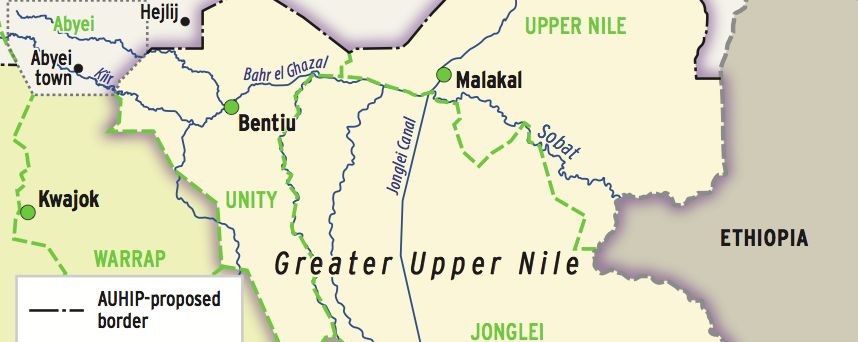The research group Small Arms Survey on Monday released a new report on the organization of local security groups in the greater Upper Nile region of South Sudan and their impact on security dynamics in the region.
The report, “Protective Measures: Local Security Arrangements in Greater Upper Nile,” draws on original research conducted prior to the current civil war in Mayom County of Unity State, Uror County of Jonglei, and Fashoda of Upper Nile.
“Local security arrangements (LSA) are a long-time feature in rural South Sudan, and they have a particularly strong presence in Greater Upper Nile due to the marked security gap – the inability of official state security forces to respond to the security needs of civilians,” the thinktank said in a press statement.
“Local security concerns include persistent cattle raiding and militia group activity, as well as the effects of the long-term proliferation of weapons and ammunition,” it added.
In different case studies, the report discusses the role of the king’s police in Fashoda County, for instance, and community police units among the Lou Nuer of Uror.
A key finding of the report is that “local government officials and traditional leaders in Greater Upper Nile are not providing the oversight and accountability required to allow local security [groups] to operate effectively and within the law.”
The report notes that local security groups “may possess a great deal of local legitimacy,” while cautioning that this “may undermine the state’s monopoly on the use of force, blurring the line between soldiers and civilian, protection and violence.”
Small Arms Survey is an independent part of the Swiss Graduate Institute of International and Development Studies in Geneva.
For breaking news updates from Radio Tamazuj ‘like’ our page on Facebook, follow us on Twitter, or subscribe to our RSS feed.




